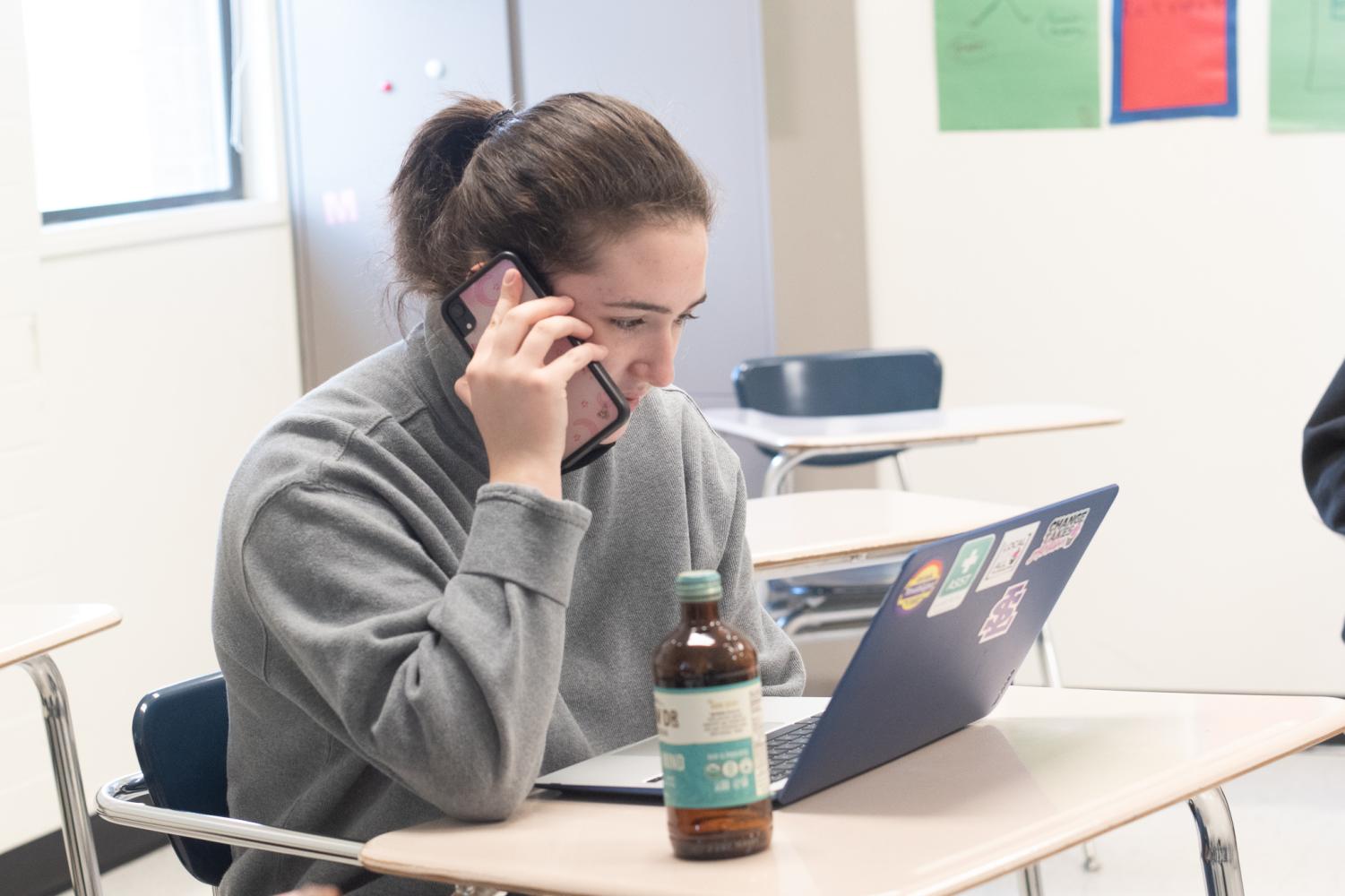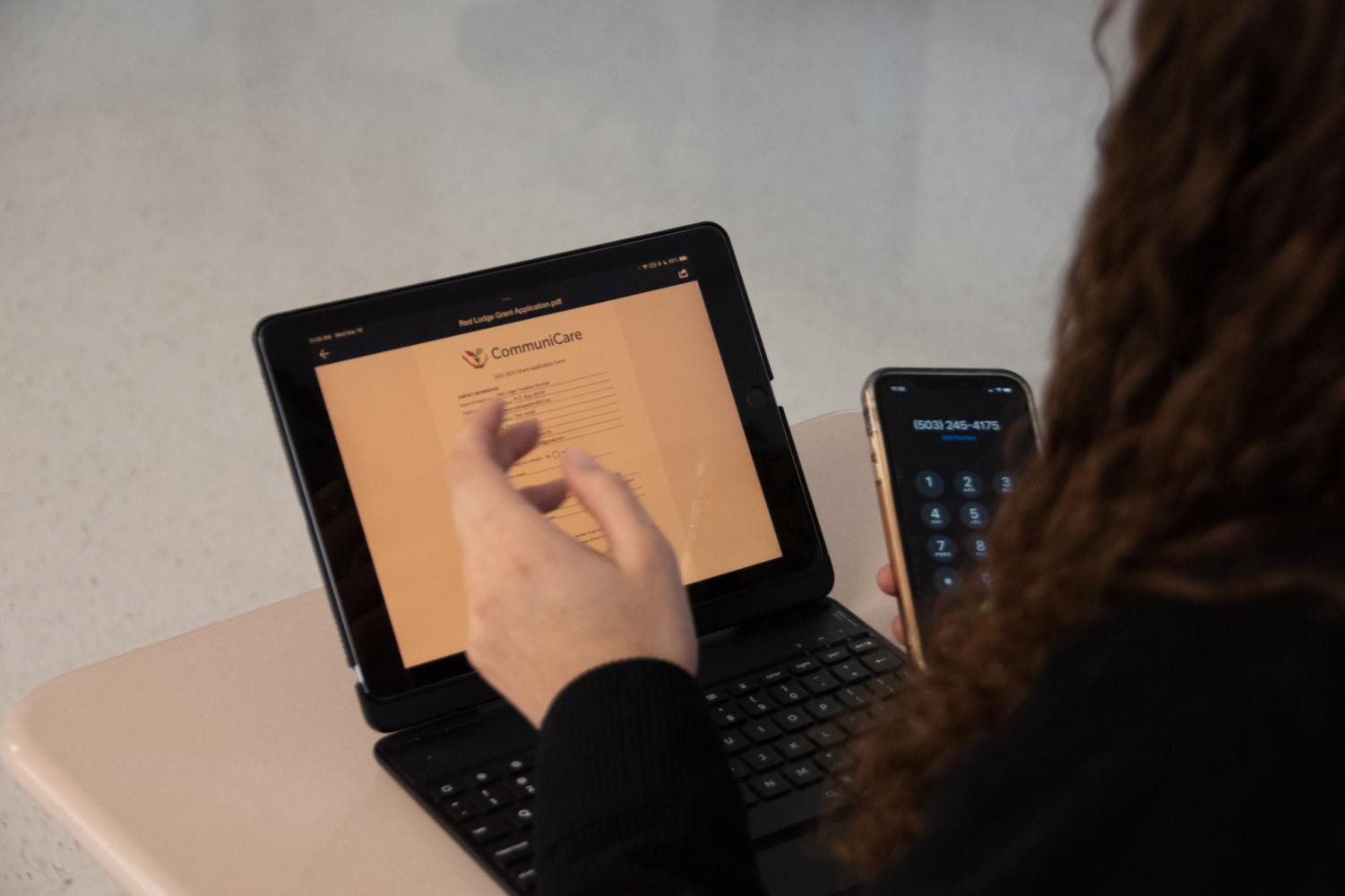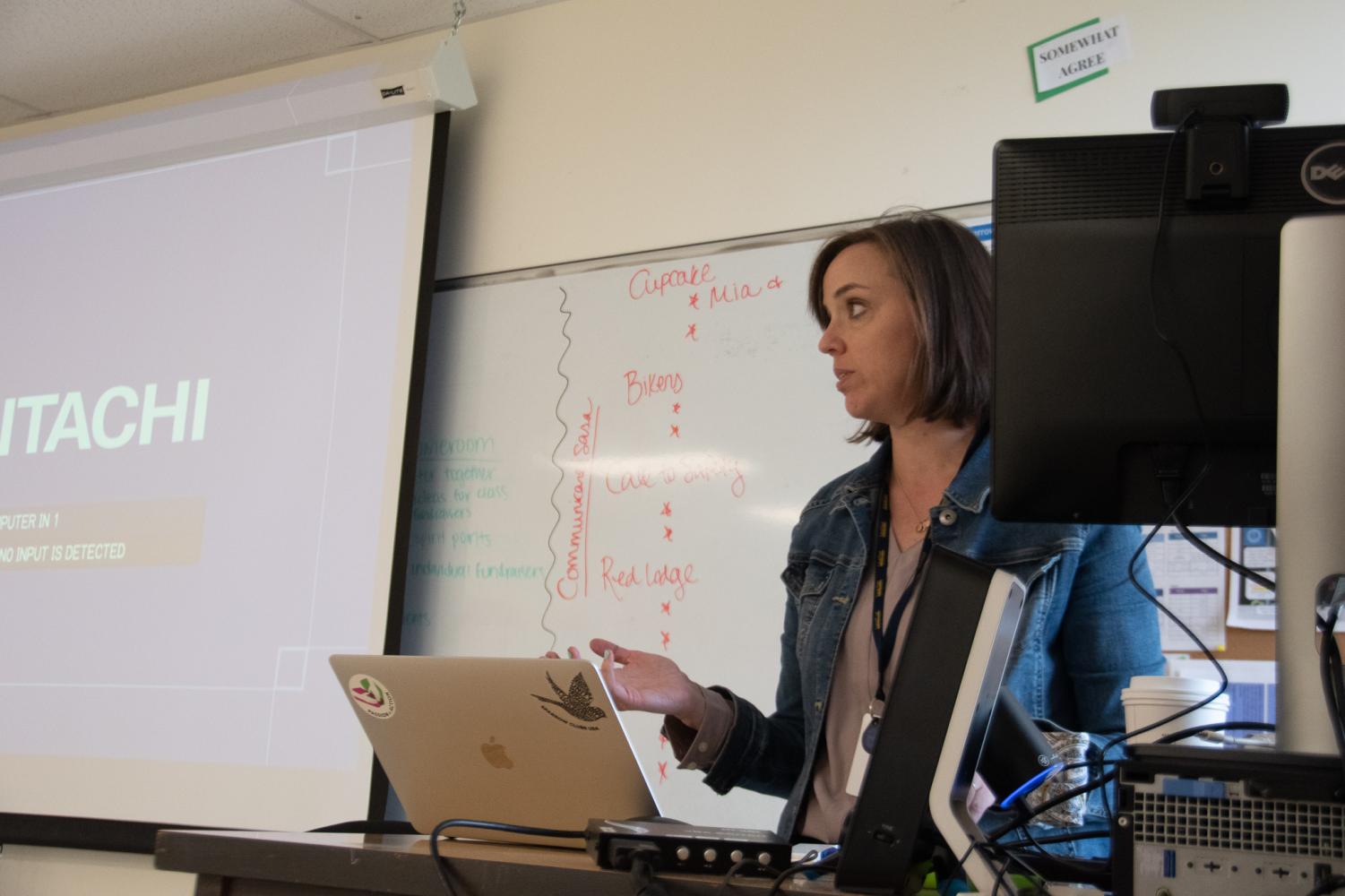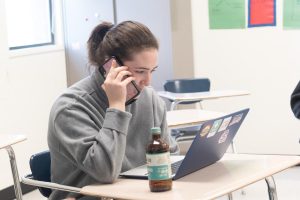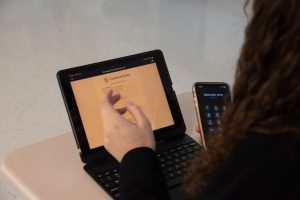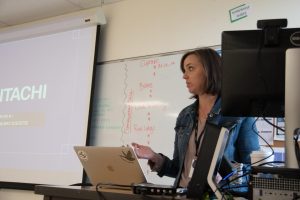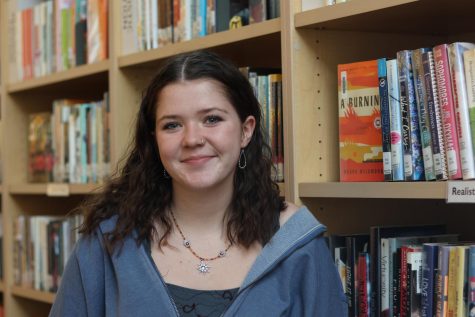Students Against Sexual Assault Club Seeks to Spread Awareness
March 30, 2022
This article discusses subjects surrounding sexual assault.
The mission statement of La Salle’s Students Against Sexual Assault Club is as follows:
“We are a group of La Salle students who hope to raise awareness about gender issues that lead to a culture of accepting sexual assault as the norm. Through this club, we hope to change the culture and fight rape culture in and out of our school.”
This club, also known and referred to as SASA, was founded and is currently run by senior Mia Kritzer, and is supported by Ms. Sarah Maher, the staff moderator for the club.
When the club first began, Kritzer explained that one of the things that helped it get “off the ground” was partnering with the Communicare club at La Salle. “We all teamed up because we really wanted to have Students Against Sexual Assault be emphasized as a group that advocates for survivors of sexual assault,” she said. “Not just raising awareness about it.”
Kritzer added that this partnership also “allows us to push our mission forward of meeting the needs of survivors where they’re at and really trying to uplift and empower other women who have spoken out,” she said.
Currently, SASA is in the process of partnering with various nonprofit organizations that support victims of sexual assault through counseling, drug treatment, housing, food supply, and more.
The club plans to support these groups financially through a $15,000 grant that was accumulated via fundraising.
In a recent collaborative meeting between the Communicare and SASA clubs, Kritzer said that they were “gearing up to interview sexual-assault-oriented non-profits to give our grant of $15,000 to.”
Some of the organizations that are involved include The Cupcake Girls, Bikers Against Child Abuse, Red Lodge Shelter, Clackamas Women’s Services, and Call to Safety.
SASA’s biggest project so far has been the HERstory exhibit, displayed in room 138 during Women’s History Month. This exhibit highlighted the stories and experiences of women who have gone through instances of sexual assault, as well as showcasing some of the women involved in the Women’s Liberation Movement throughout history.
“I was coming in before school, [and staying] after school [to work on the exhibit],” Kritzer said. “Ms. Maher and I and some of the girls from Communicare and Students Against Sexual Assault were really going to town on this exhibit.”
This project took a lot of work to accomplish, but Kritzer said that she and the rest of the club were extremely proud of what they were able to create together.
In a typical SASA meeting, which usually gathers during Flex Time sessions or before or after school, the club comes together to work on projects or learn about topics related to sexual assault.
“The HERstory exhibit was our big event, so since the beginning of the year, we have just been brainstorming that,” Kritzer said.
“Before we had the HERstory exhibit going on, we had a lot of meetings where Mrs. Maher, who’s the staff moderator, would show us some articles about current events,” Kritzer said. “Whether that be legislation relating to sexual assault, or new statistics that come up—really [the meetings] were discussion-based.”
In the future, SASA hopes to hold assemblies to educate the school community on the reality of how sexual assault affects both men and women — this way their message will reach a greater audience.
Through projects like the HERstory exhibit and holding constructive conversations around sexual assault, the Students Against Sexual Assault Club looks to educate the community about rape culture and sexual assault.
“I think that it’s really important to be educated,” Kritzer said. “It’s important to have knowledge around the subject so that when you’re in a real-world situation where someone confides in you and tells you that they’ve been assaulted, or that they’ve been abused, you know how to react and respond to that [because] you’re knowledgeable around the subject.”

